Ex-ministers' inner thoughts revealed in new Institute for Government report
Is being Her Majesty’s Secretary of State (or underling) everything they might expect it to be?
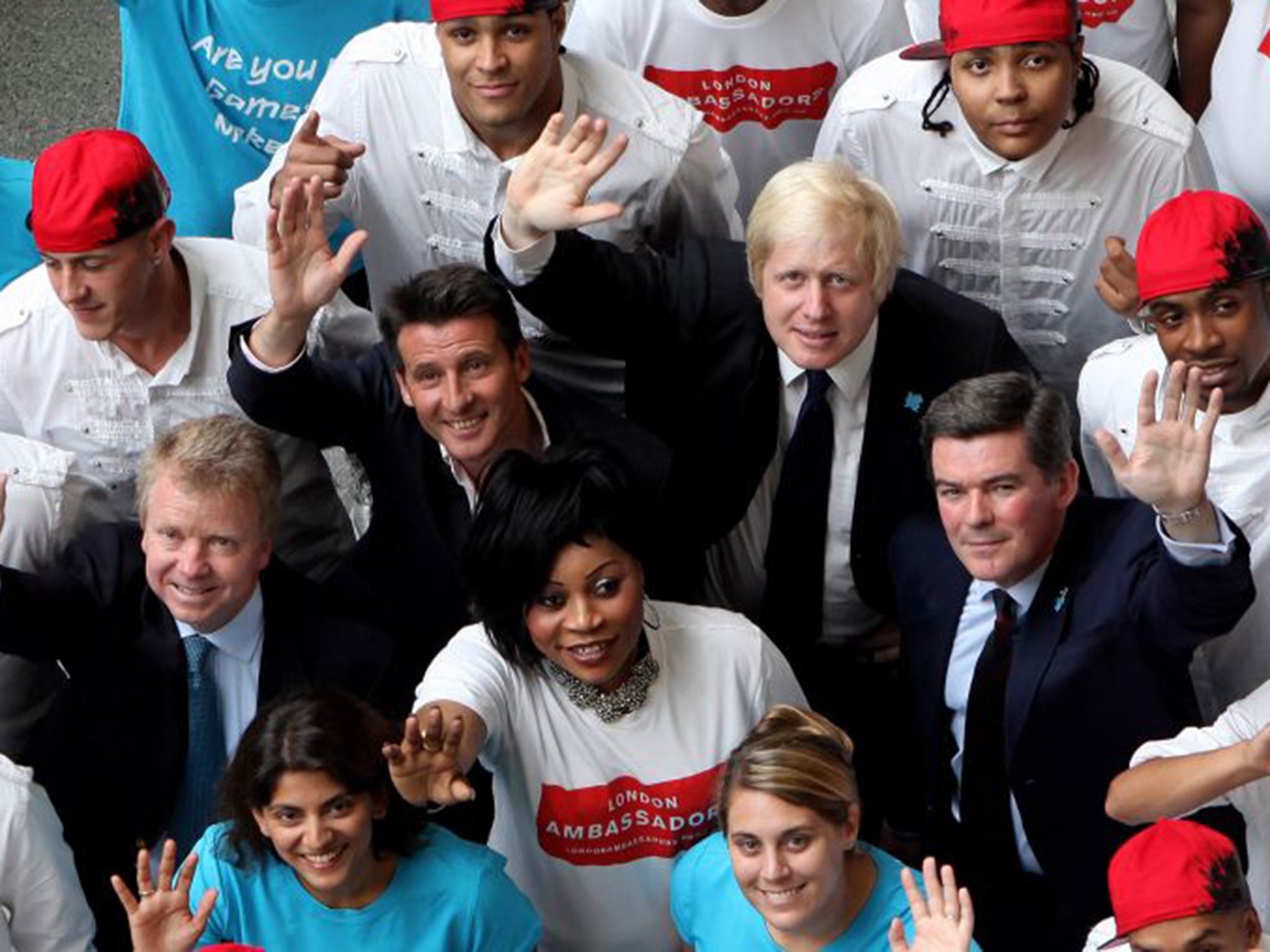
Your support helps us to tell the story
From reproductive rights to climate change to Big Tech, The Independent is on the ground when the story is developing. Whether it's investigating the financials of Elon Musk's pro-Trump PAC or producing our latest documentary, 'The A Word', which shines a light on the American women fighting for reproductive rights, we know how important it is to parse out the facts from the messaging.
At such a critical moment in US history, we need reporters on the ground. Your donation allows us to keep sending journalists to speak to both sides of the story.
The Independent is trusted by Americans across the entire political spectrum. And unlike many other quality news outlets, we choose not to lock Americans out of our reporting and analysis with paywalls. We believe quality journalism should be available to everyone, paid for by those who can afford it.
Your support makes all the difference.For any MP, becoming a minister is the pinnacle of their political career: a red box, civil servants to do your bidding and a small role forging the future direction of the country. But is being Her Majesty’s Secretary of State (or underling) everything they – or we - might expect it to be?
The think-tank the Institute for Government has published a unique glimpse inside the world of Whitehall, with first-hand accounts of the high, lows and madness of ministerial life taken from more than 20 interviews with remarkably frank recent incumbents. Here, The Independent precis some of the highlights.
Defeated by mind-boggling complexity of tuition fees
Vince Cable
Business Secretary (2010-2015)
On cutting budgets and the tuition fees disaster...
“At the time of the emergency Budget in 2010, I was faced with making decisions on things and places that I had never heard of. And I had absolutely no understanding of the arcane public accounting concepts that they used, such as DEL, RDEL or CDEL.

“One of the reasons I think we got into so much trouble over tuition fees was the mind-boggling complexity of the subject. It’s like the Schleswig-Holstein Question [in which everyone who understands a subject is dead or mad]. I gradually understood it, but by then we’d already made the key decisions, which were probably wrong.
“If we’d had another year to work on it, we could have solved a lot of the political problems, but we were rushed. It was a classic case of First World War train timetables: The one factor that above all determined how [fast] we dealt with that issue was the publishing timetable for university prospectuses.”
No work-life balance and little chance to exercise
Caroline Spelman Environment Secretary (2010-2012)
On privatising Britain’s forests...
“I was at Heathrow on my way to Japan to negotiate a United Nations agreement on the loss of species. The Sunday Telegraph was on the table in the departure lounge and it said, ‘Government to privatise the forests’. I said to my principal private secretary, ‘What is that about?’ And he said, ‘I have no idea’. Neither of us had any idea what that was about. That was a scary moment.”
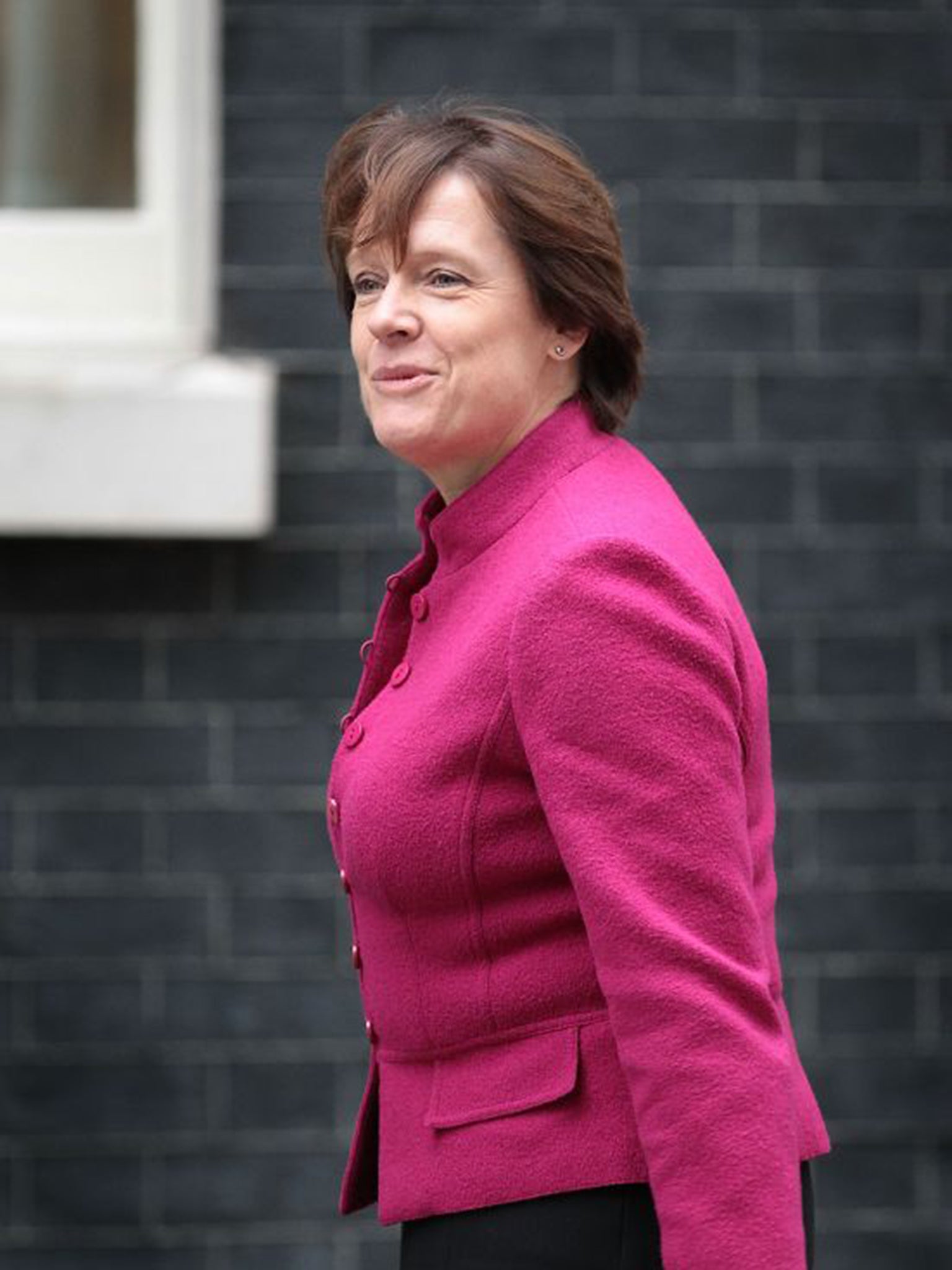
On ministerial work life balance:
“There was no work-life balance at all. In the week I found it difficult to cope without doing some exercise, so in the end I took to balancing my red ministerial folder on the handlebars of an exercise bike in the gym at seven o’clock in the morning, to the great amusement of everybody in the department.”
When only a sledgehammer will do the job properly
Alan Duncan
Minister for International Development (2010-2014)
On when Government programmes go wrong...
“There was one project with the Palestinian Authority to help first-time buyers to get a house. A year into the programme, I said, ‘Right, talk me through this: how many houses have been bought by Palestinians?’ And there was a stony silence and they said ‘four’. I said, ‘This is a five-star, ocean-going, copper-bottomed disaster’, and they looked stunned.
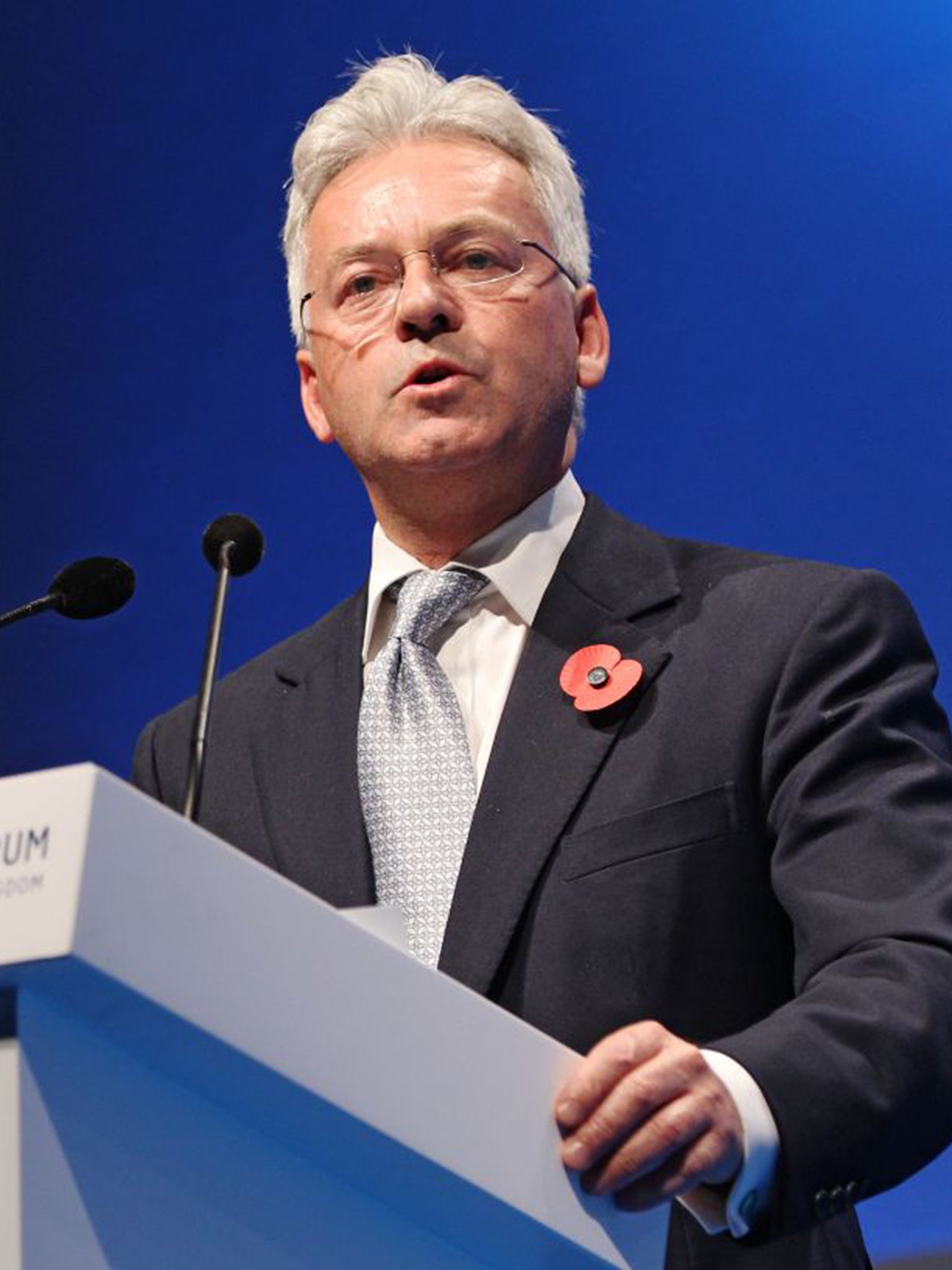
“So a year later, when they came with something, I asked, ‘Well, how is this working?’ and four of them, together, replied, ‘It is a five-star, ocean-going, copper-bottomed...’”
On working with Development Secretaries Andrew Mitchell and Justine Greening...
“I’ve known Andrew Mitchell for 35 years: once every six months you would have to shut the door, go in with a sledgehammer, hit him on the head and say stop being such a prat.
I worked less closely with Justine Greening. Luckily I had my own patch and I was determined never to have a row with her. And it was fine. We never came to blows. But there were difficult moments.”
Ministerial meetings without meaningful discussion
Lord Livingston
Trade Minister (2013-2015)
On pointless meetings...
“I can’t remember a single ministerial meeting where at least three out of 12 people hadn’t sent their apologies, another three would turn up late and a further three would leave early.
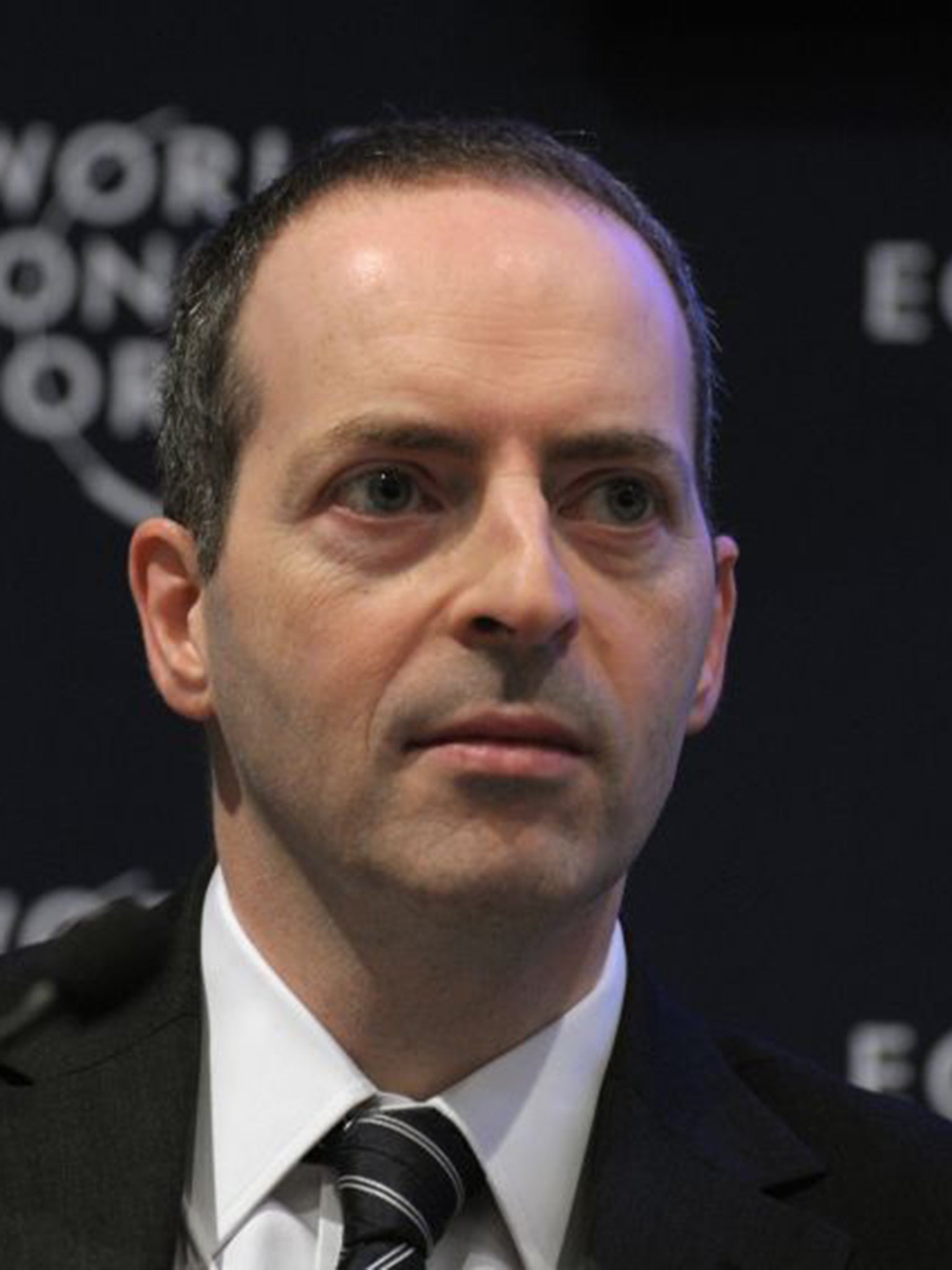
“And it was rare that you had any real, meaningful discussion. It was full of papers that were too long, asking you to agree to something. Either it was blindingly obvious you should agree to it or it didn’t really matter whether you did or didn’t. The chance of having a real discussion about what was a good idea was close to zero.”
Coping with the Cabinet Office’s dysfunctionality
David Willetts
Minister for Science and Universities (2010-2014)
On getting new office computers...
“We had an IT system imposed [on us] that didn’t work because of the Cabinet Office’s hatred of big companies. So we had a small firm that couldn’t deliver an IT system and then it didn’t work.
“I think the worst department in government by a long margin is the Cabinet Office: It is completely dysfunctional. It imposes absurd things on you. It then runs away when things don’t work out and always blames you. A lot of time was spent essentially trying to stop the Cabinet Office messing things up.
Struck by the dishonesty of the election campaign
Hugh Robertson
Minister for Sport (2010-13), Foreign Office Minister (2013-14)
On deciding how to save money...
“On my first afternoon at the Department of Culture, Media and Sport, we all went into the Secretary of State’s office where the Civil Service had prepared a list of about 40 projects that were due to be funded over the next three or four years. We had to go through them all with a red pen, one by one, knowing we could keep about five.

“And what really struck me about it was the sheer dishonesty of the election campaign that we had just fought. Because a lot of people who’d gone into that campaign must have known that there was this huge rack of human misery sitting behind it all that we’d never discussed.”
On the Foreign Office...
“The Foreign Office is this massive, grand monolith and the Permanent Secretary is a very grand figure. I tried to see him in my second week and the door was barred. Eventually an appointment was fixed ten days later, and I said, ‘I’ll go down and see him’, and they said, ‘You can’t do that. He has to come to you’. The whole thing was a bit Gilbert-and-Sullivan-ish!”
Your names aren’t on a fax, so you’re not coming in
Bob Neill
Planning Minister (2010-2012)
On getting into his department after being appointed a minister...
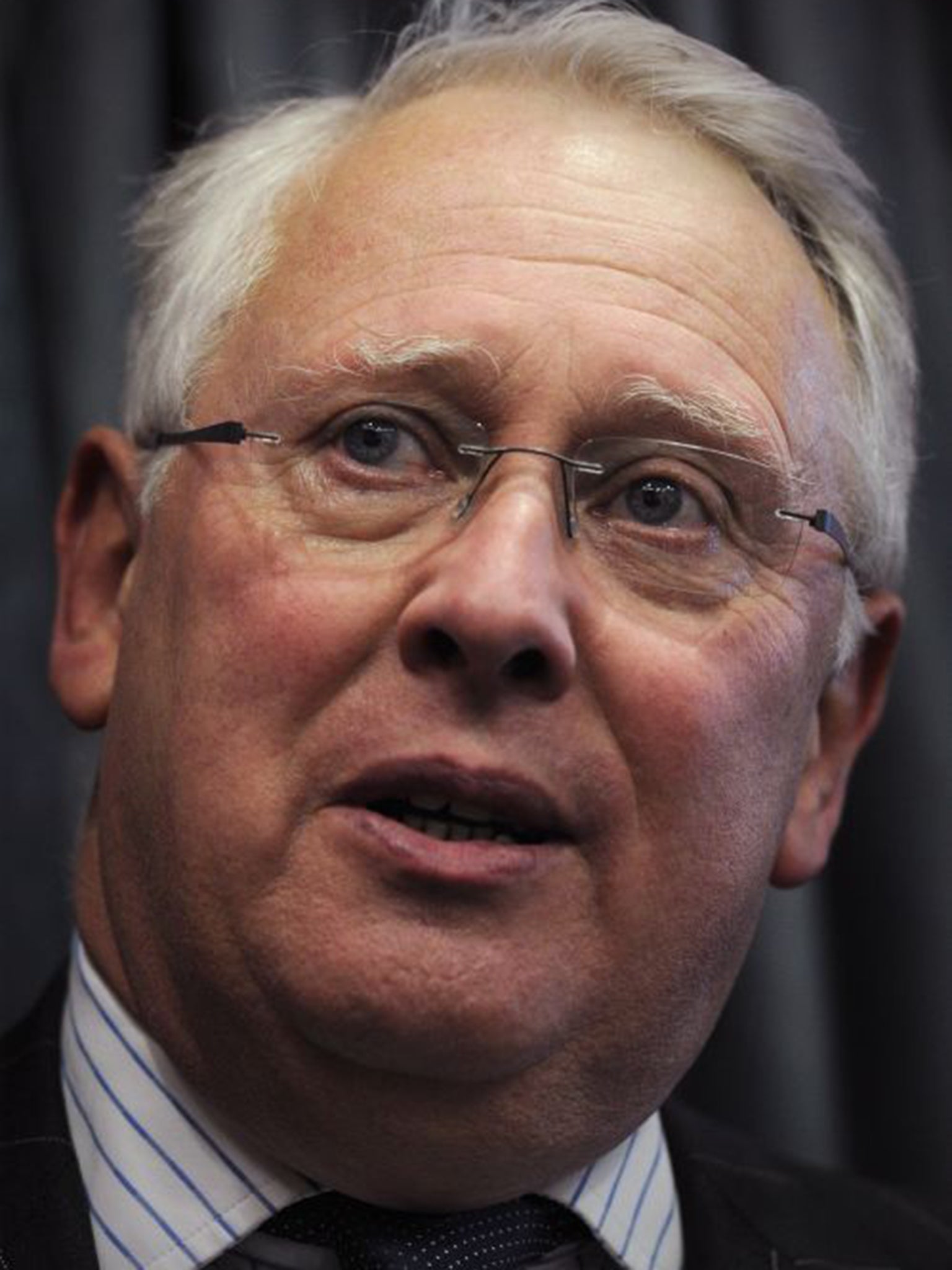
“Greg [Clark, decentralisation minister] and I found ourselves in this bizarre scenario. We spoke to the Permanent Secretary who said, ‘Of course we know you’re ministers – but we’ve got to have the fax from the Cabinet Office to say that you are’.
“And it took us 24 hours before Greg and I could actually get into the building. We all saw the funny side of, and sat there drinking endless cups of coffee until about seven o’clock when we went and had a drink, because we thought that was the easiest thing to do and we would turn up the next morning.”
No holiday abroad without the Queen’s permission
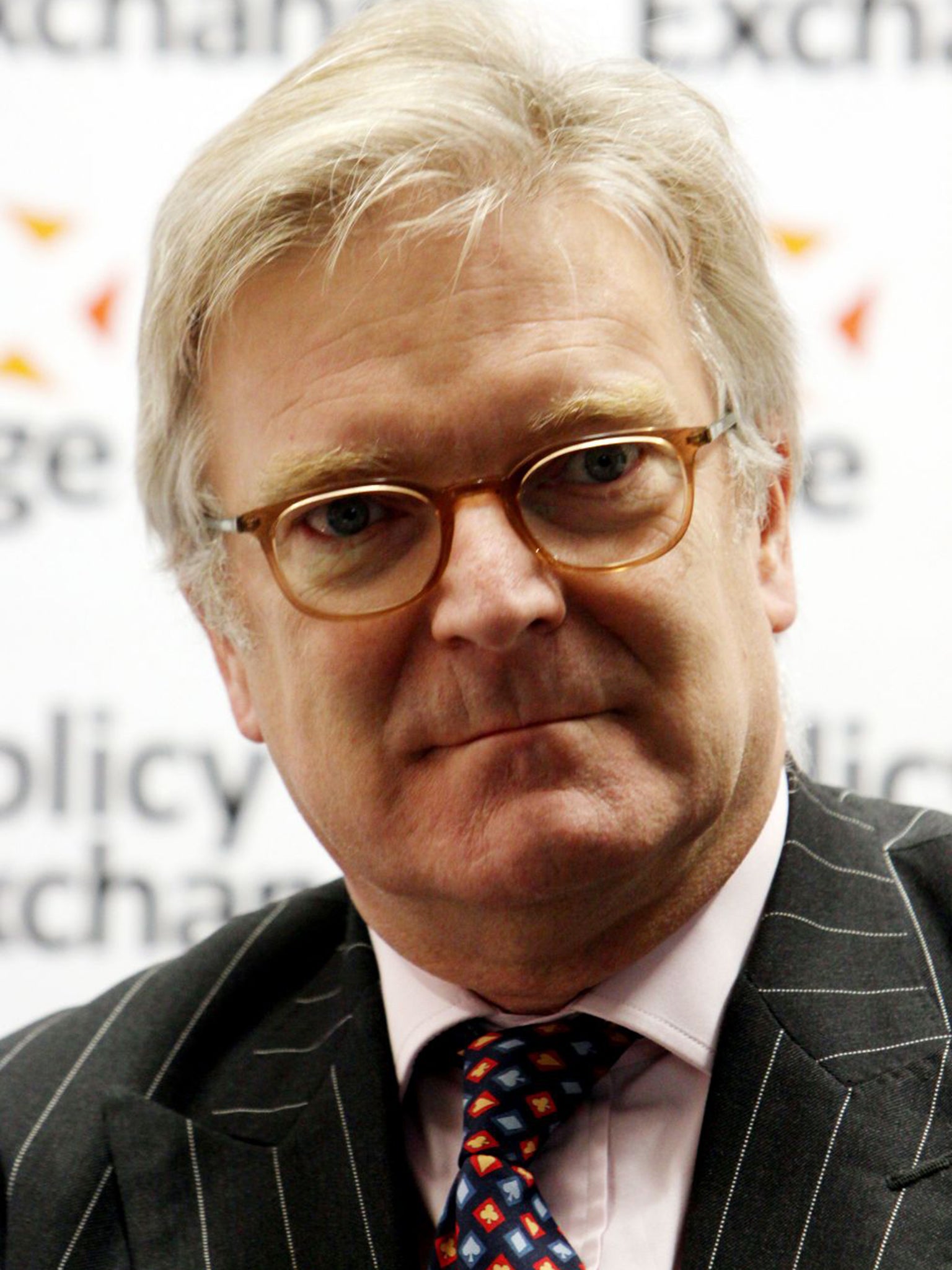
Edward Garnier Solicitor General (2010-12)
On the problems of going on holiday...
“The first job of the Solicitor General is to act as the chief legal adviser to the Government – well, technically, to the Queen – and you’re not allowed to leave the country without the Queen’s consent. I was going on holiday to Africa and my private secretary had to write to the Queen’s private secretary to ask if that was all right’; Back would come a letter saying the Queen was happy to consent.”
Extracts from ‘Ministers Reflect: Interviews on How to Be Effective in Government’ by the Institute for Government
Join our commenting forum
Join thought-provoking conversations, follow other Independent readers and see their replies
Comments